
Effective Collaboration Tools For Remote Development Teams
Remote work has witnessed a tremendous rise, particularly prevalent for the field of software development. With a rise of distributed development teams, the need for collaboration tools have become crucial for ensuring productivity, communication and efficient project management. With this blog, we will discuss some of the best collaboration tools for remote development teams and how that enhance teamwork to streamline the development process.
1. Version Control Systems (VCS) Tools
Version control systems like Git, are a fundamental prospect for any software development project. It allows team members to collaborate on code, track changes and maintain a history of the code database. GitHub, GitLab and Bitbucket are some popular platforms that offer cloud-based repositories that can be accessed and managed from anywhere. VCS ensures that all teams and their members are working with the latest code version. This makes it an indispensable tool for remote development teams.
2. Communication and Messaging Tools
For any collaboration in remote work, effective communication is the key. These tools enable real-time communication, file sharing and project updates that allow team members to connect, stay informed, share ideas and have a sense of unity that enhances overall productivity.
1. Slack
Real-time messaging has been easier with Slack. It enables teams to make channels for certain projects, departments or topics to make it easy for staying organized and to keep conversations on track. This can also be integrated with other tools like GitHub and Jira to get enhanced functionality.
2. Microsoft Teams
Microsoft office is very common and if your office is already using Microsoft Office 365, you should know that it provides a comprehensive solution for chat, video conferencing, file sharing and collaboration. It can also be integrated with Microsoft tools like SharePoint and Outlook.
3. Zoom
Zoom is always a reliable choice for meetings and video conferences. It gives high-quality video and audio, screen sharing and recording features that are essential for remote teams to work even in different time zones.
3. Project Management Tools
Remote teams are sure to have the need of project management tools because they offer comprehensive visibility into the progress of a project, milestones and task assignments. These tools give efficient planning, tracking and coordination with remote team members to foster collaboration, ensuring that deadlines are met and helping teams to adapt with the changing requirements of the projects.1. Jira
Jira was developed by Atlassian and is a versatile tool for issue tracking and project management. Teams can effectively create boards, workflows and roadmaps to manage projects, tasks and bugs effectively. It will make it a more valuable tool for development teams when they integrate it with Confluence and Bitbucket.2. Trello
Trello is a project-managed tool based on Kanban board concept with a simpler and user-friendly interface. It’s great for smaller teams and startups for tracking tasks and managing the workflow and progress.3. Asana
With asana, teams can plan, organize and track their work, which makes it a versatile project management and collaboration tool. It is suited for many project types like software development to marketing campaigns.4. Code Collaboration and Review Tools
Code collaboration and review tools are indispensable for remote developers and teams to maintain the quality of code, foster collaboration and detect issues at an early stage. It has features of peer code review, version control and real-time collaboration to ensure that remote developers can work together.
1. GitHub Pull Requests
GitHub provides a seamless way to review code changes and collaborate on them. Requests from pull allow team members to discuss code, make comments and suggest improvements in them before merging changes in the main database.
2. GitLab Merge Requests
GitLab is similar to GitHub because it offers merge requests while enabling code collaboration and reviews. It’s a strong tool for continuous integration and continuous delivery (CI/CD) as well.
3. Bitbucket Code Insights
With Bitbucket’s Code Insights a detailed report on code quality, test coverage and code duplication is provided. Teams can make data-driven decisions about codebases with this.
5. Design Collaboration Tools
Remote development projects often involve design elements and for that, design collaboration tools play a significant role. With these tools, designers can have seamless communication among remote designers and developers by allowing them to share, review and integrate on design prototypes and assets by enhancing the overall quality of the project and ensuring consistency among team members across different locations.
1. Figma
Figma is a design tool that is cloud-based and it allows real-time collaboration on design projects. Creating, editing and commenting on design files can be done by remote teams to make it an ideal choice for user interface (UI) and user experience (UX) design collaboration.2. Adobe XD
Adobe XD is a prototype tool with collaborative features for the design process. It also enables designers to create interactive prototypes and share them with developers for further feedback and implementation.6. Documentation and Knowledge Sharing Tools
Remote Development teams can effectively communicate and collaborate with these documentation and knowledge-sharing tools. Efficient remote work and knowledge transfer can be done with these tools because they enable teams to create, organize and share documentation, code and project information in a more structured and accessible manner.
1. Confluence
Also from Atlassian, Confluence is a powerful documentation and knowledge-sharing tool for developers. It allows teams to maintain their wikis, share documents and collaborate on projects for documentation.
2. Notion
Notion is an all-rounder tool for a workspace that requires note-taking, project management and documentation. Adaptation of the tool is flexible to the specific needs of your teams and projects.
7. Cloud-Based Development Environments
The most needed thing for remote development teams is flexibility, and that is provided with cloud-based development environments. This helps teams to work from anywhere where they get an internet connection. Collaborative coding environments are provided by platforms like AWS, loud9, Visual Studio Online and Gitpod for simplifying code sharing and collaboration.
Conclusion
Effective collaboration tools are necessary for remote development teams to work efficiently, stay connected and produce sound-quality software. The tools that are mentioned in this blog cater to many aspects of software development, from code collaboration to project management, communication, design and documentation. By integrating these tools in your remote development workflow, you can get a team that remains productive and cohesive, regardless of their geographic locations. Embracing these tools will help your team thrive in an increasingly digital and distributed world.
You can also visit related blogs:




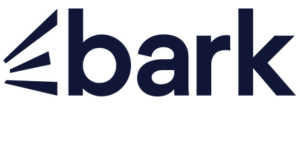

















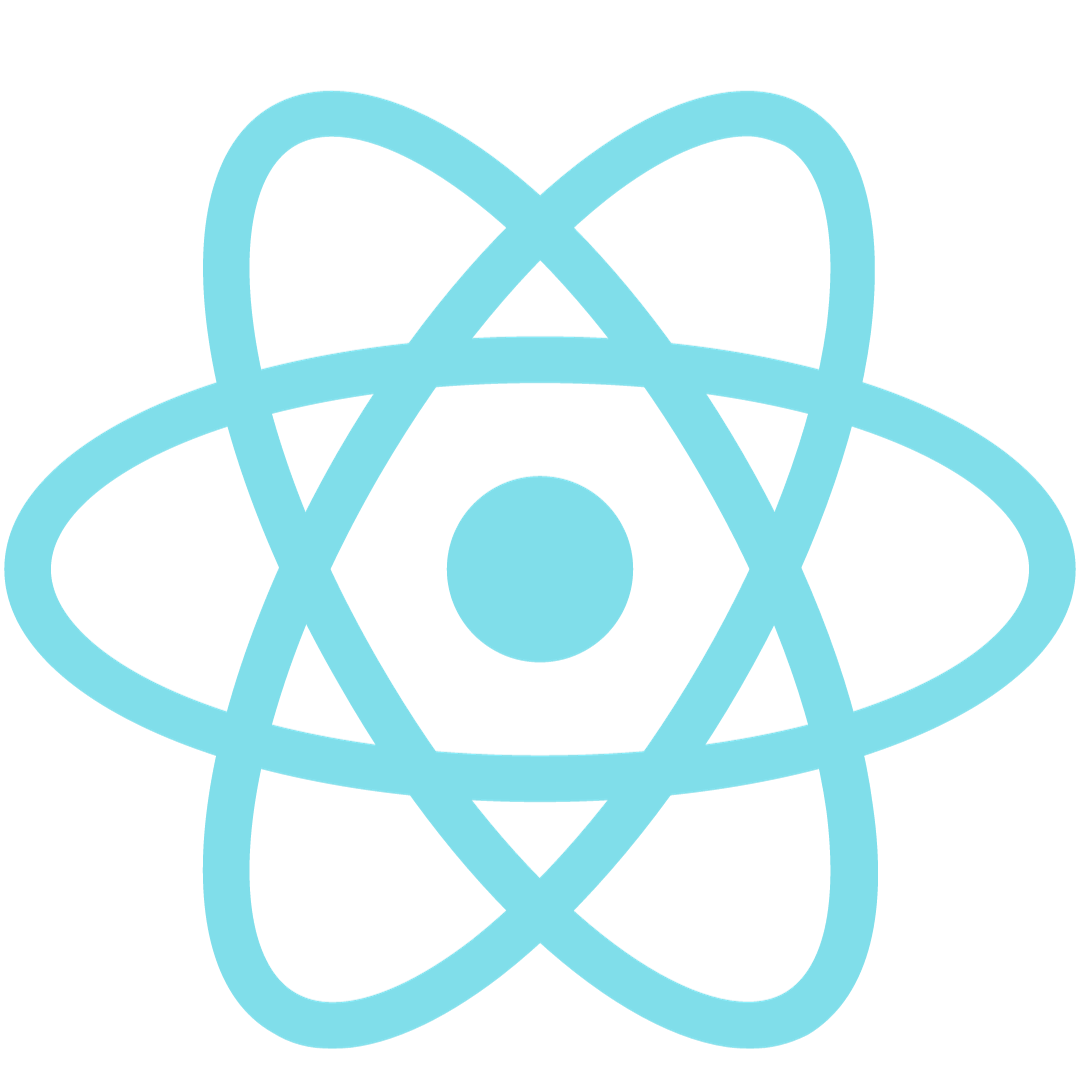






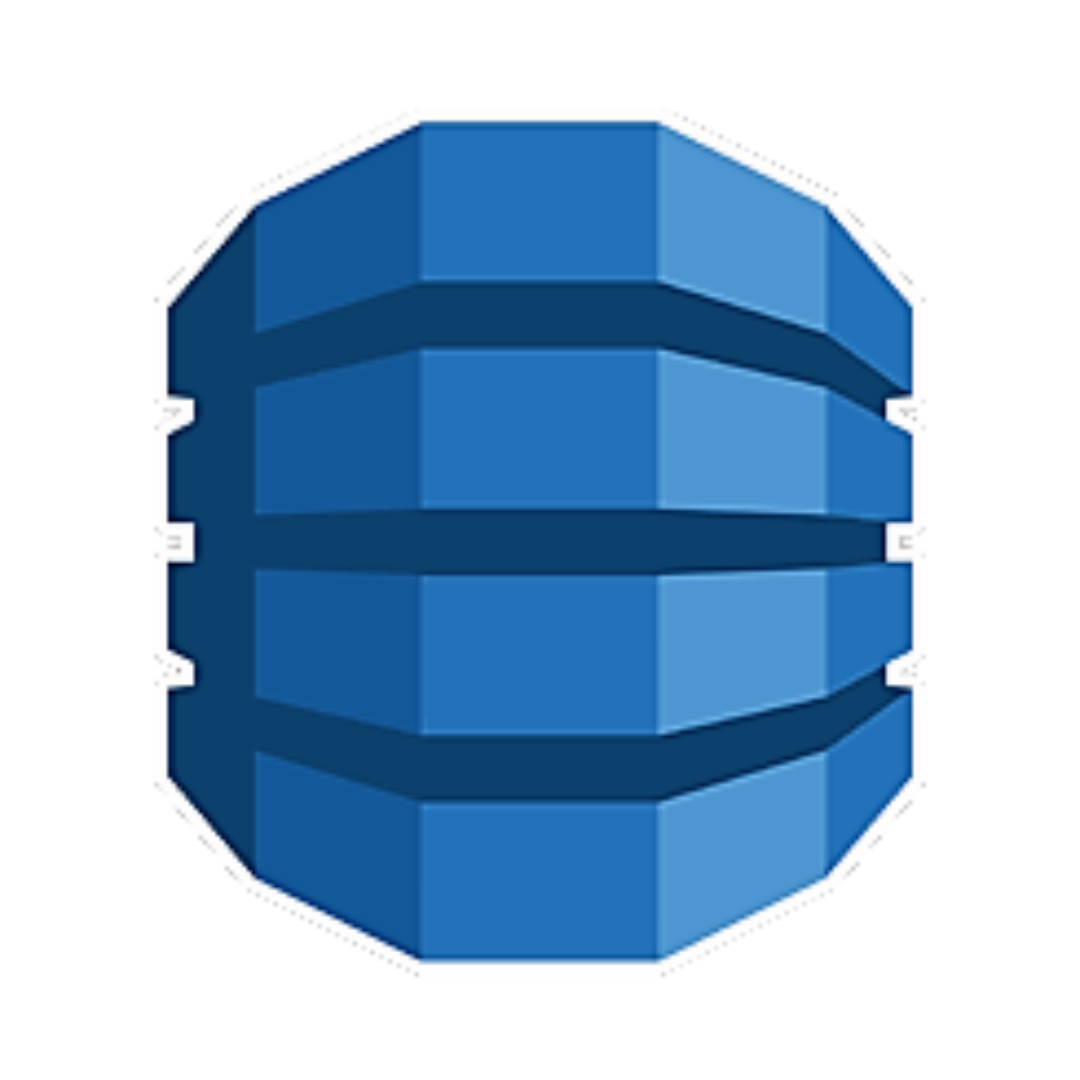

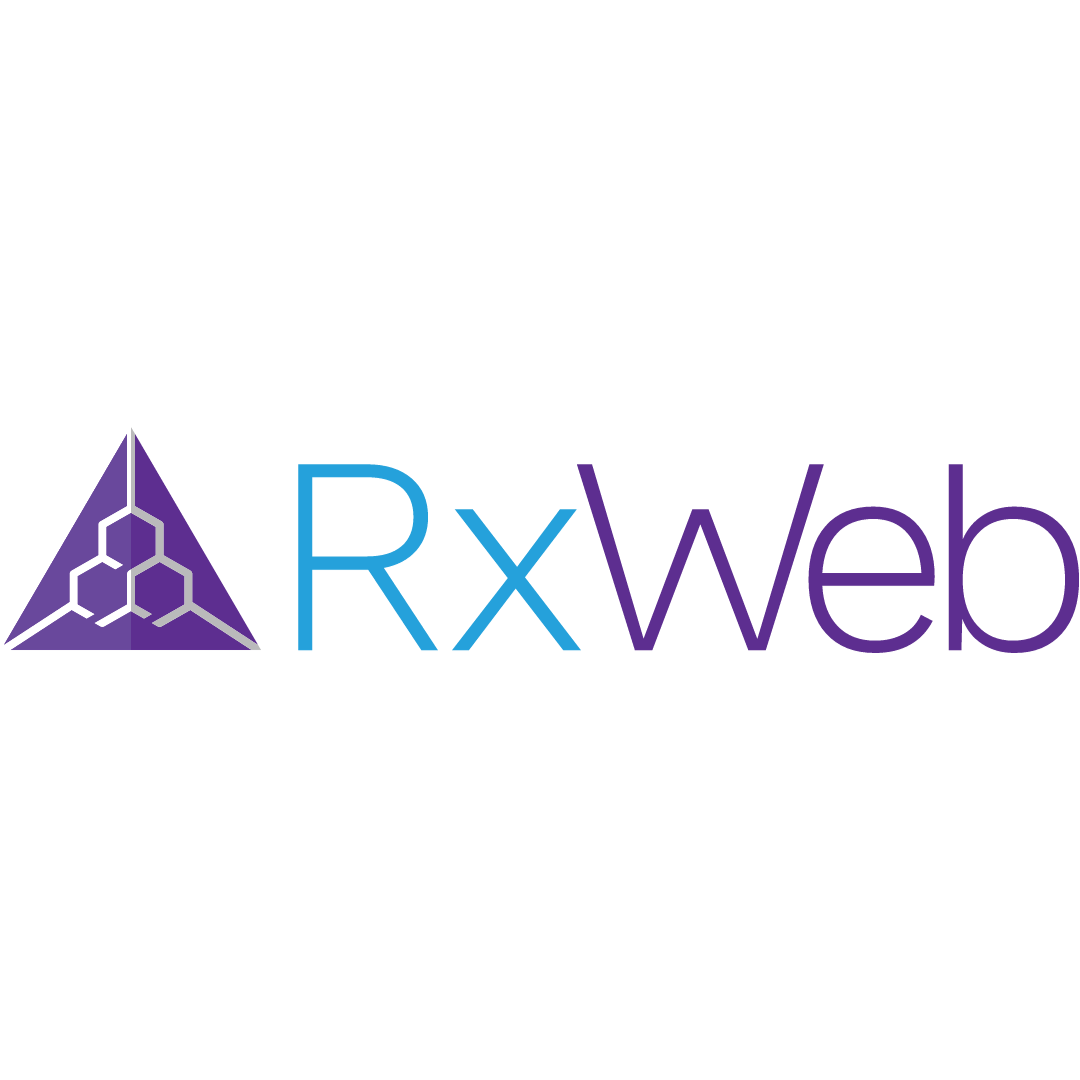



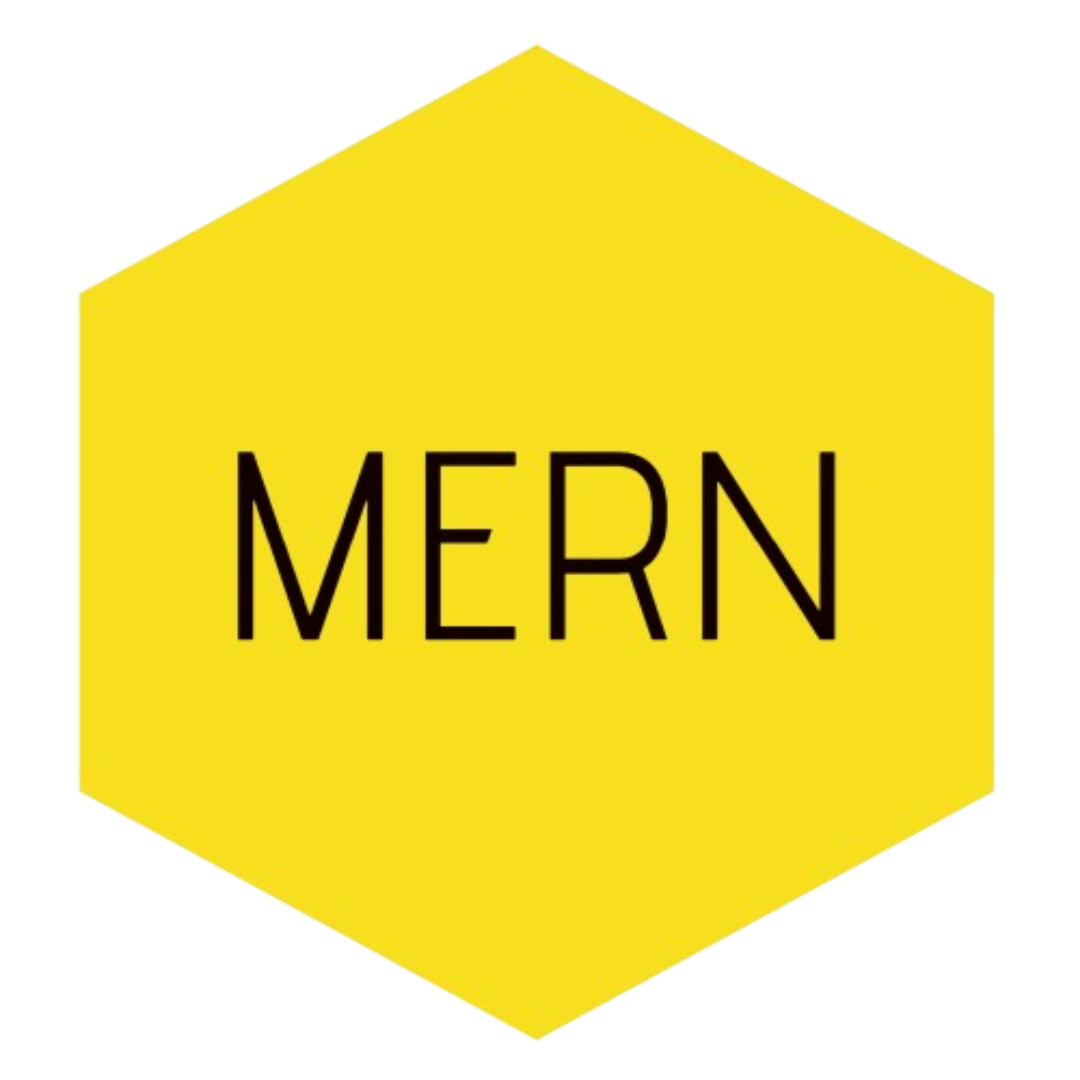



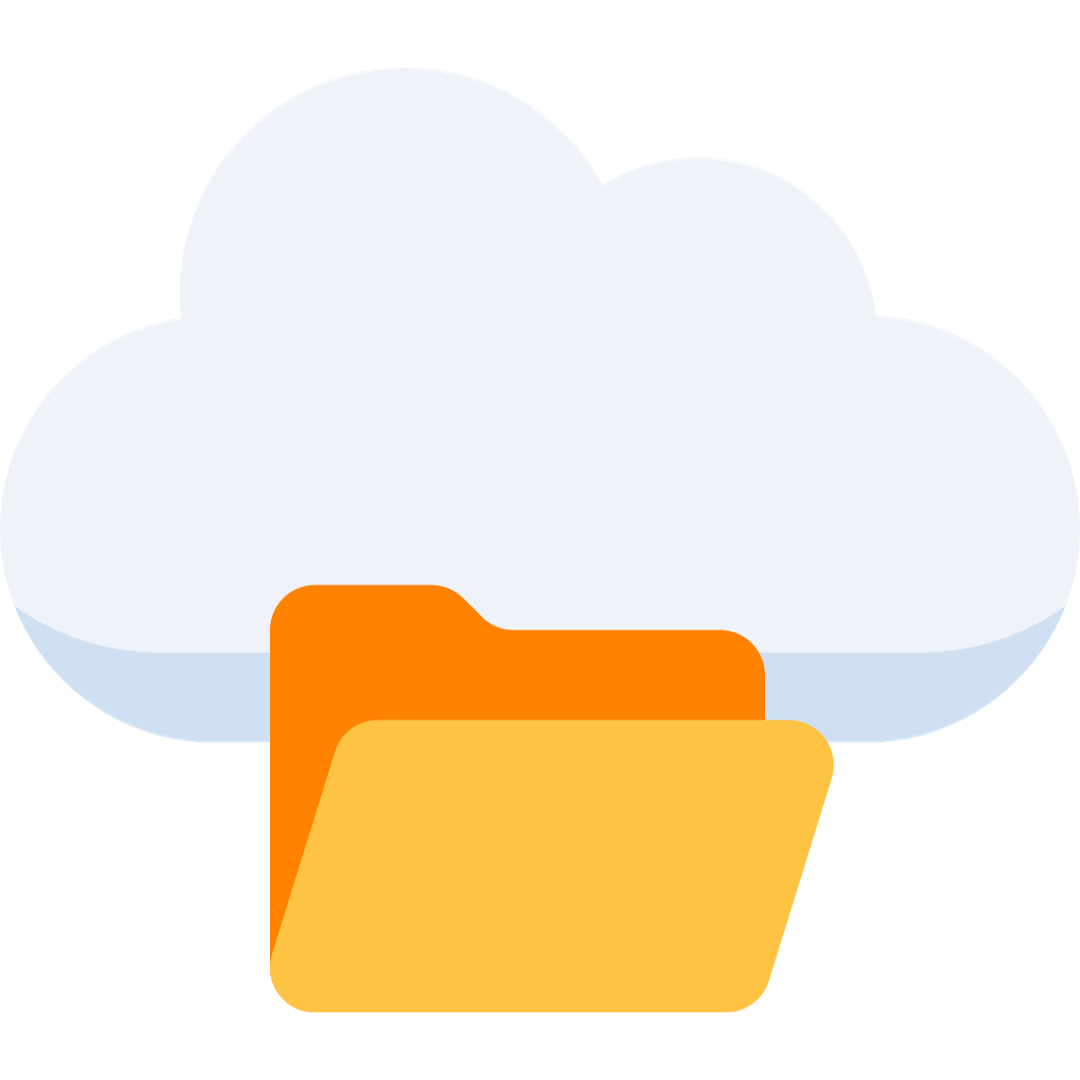





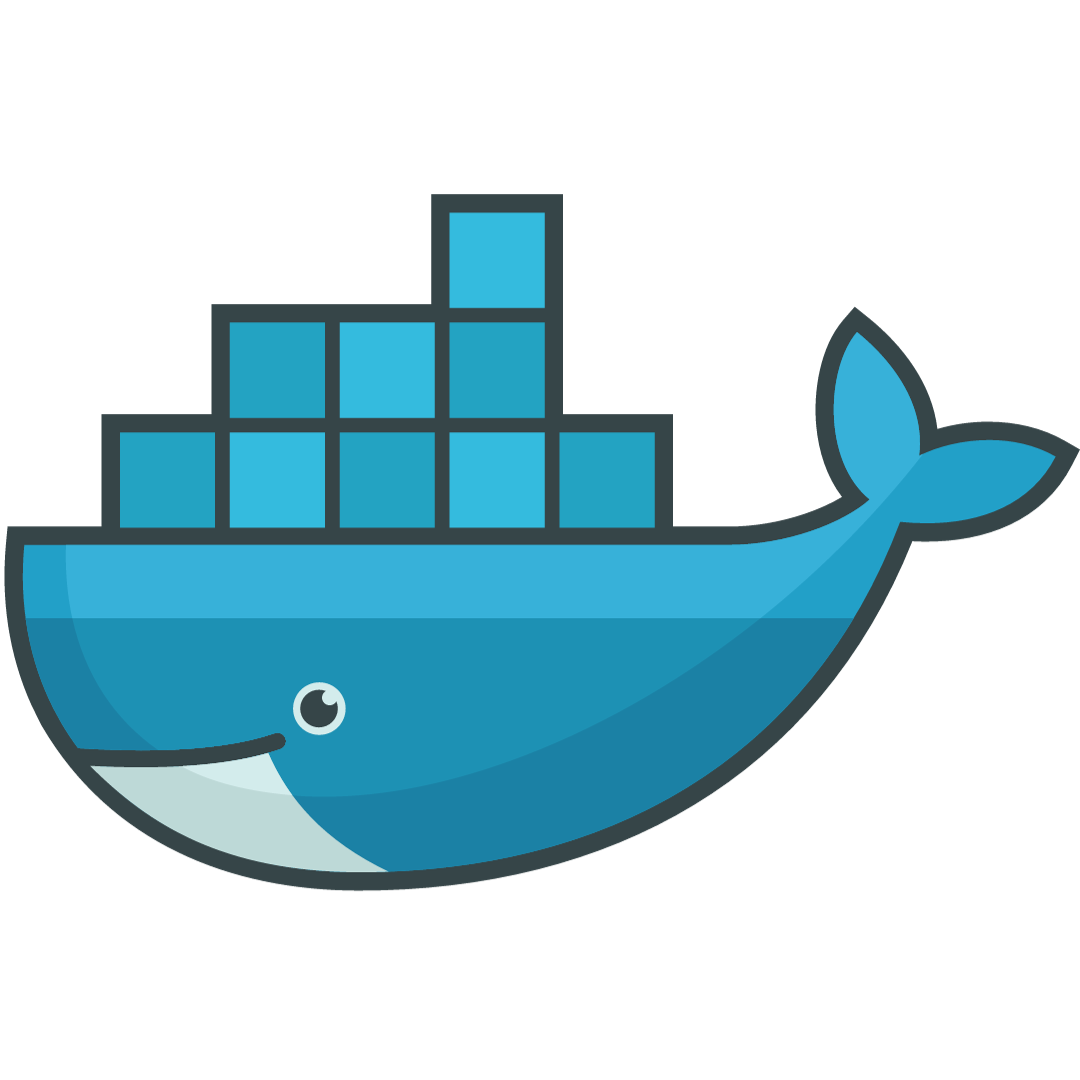













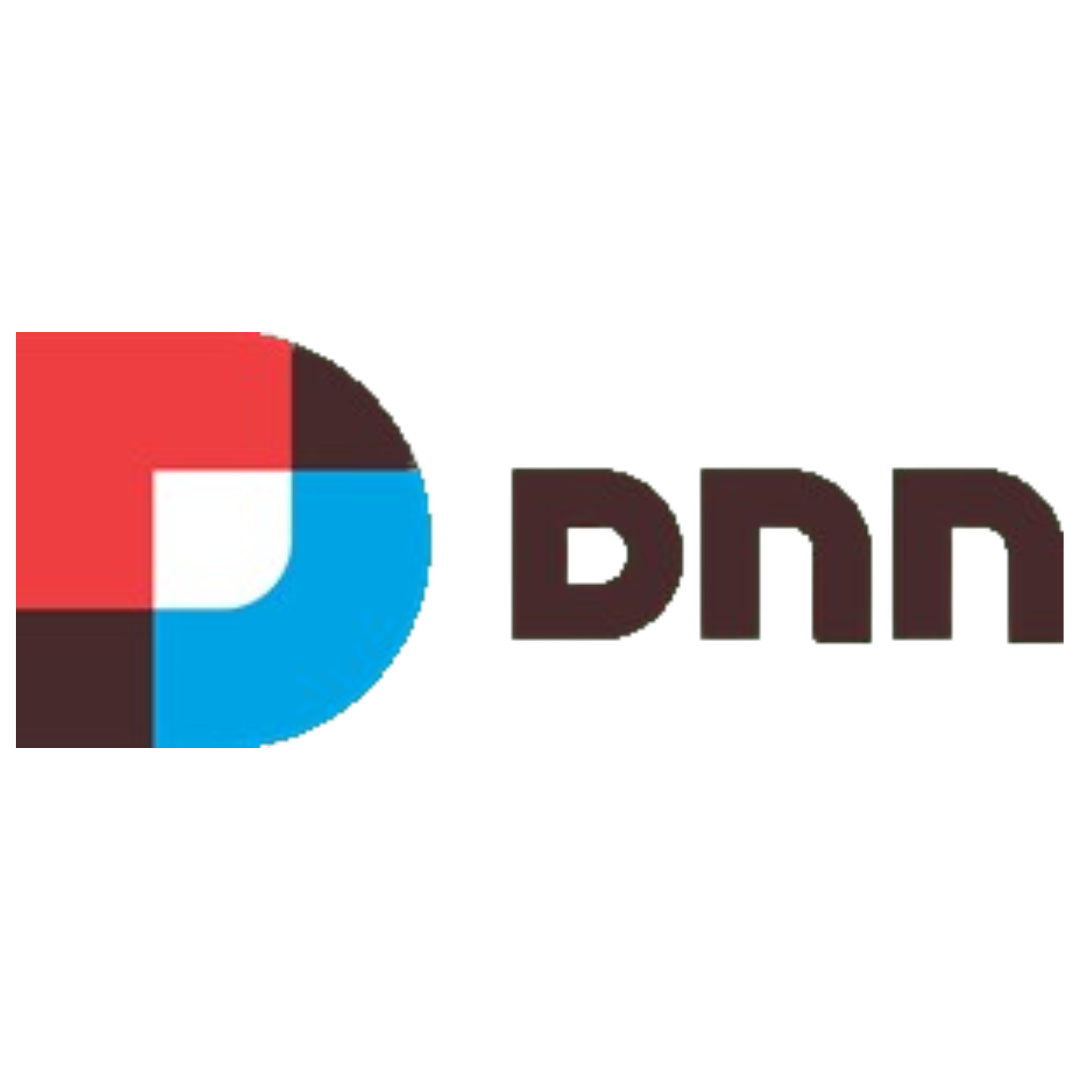






comments for "An Interview with Exavibes Services"
Leave a Reply